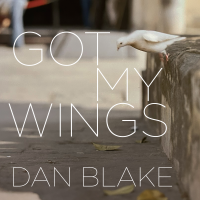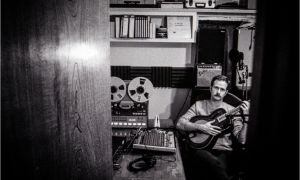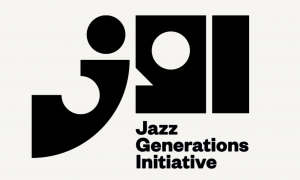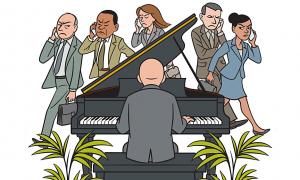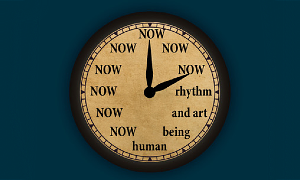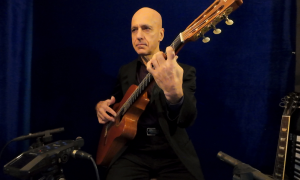That's according to the fairly massive legal team representing the Temptations, who are now suing Universal Music Group in federal court. The group is filing against UMG over a number of royalty concerns, and part of a growing class action lawsuit sparked by Eminem's publishing group, F.B.T. Productions. “It is estimated that the licensing of master recordings generated $4.6 billion in revenue for record labels in 2010, or roughly 29 percent of their total revenue," the complaint, filed by Beverly Hills-based firm Kiesel Boucher Larson LLP, alleges.
This isn't about sweet “My Girl" performances anymore. The filing was also signed by lawyers at Johnson & Johnson; Pearson Simon Warshaw & Penny, LLP; and Hausfeld LLP, an army of attorneys designed to crush things. “In the United States, music downloads account for roughly half of record labels' revenues; revenue from music downloads is expected to surpass revenue from album sales in 2012," the complaint, filed in the US District Court for Northern California, continued.
That's less cash than before, but still quite a bit of revenue. But for all the drastic upheavels and disruptive market changes, there's this:
That level of dominance also translates into the streaming world, where the story gets even worse. Just last week, Spotify investor Sean Parker admitted that artists are frequently not getting paid a portion of the upfront advances given to major labels (or, other revenues). Well, count the Temptations as Exhibit A: the group really has no idea what Spotify is paying UMG, or how much they should be getting paid.
This isn't about sweet “My Girl" performances anymore. The filing was also signed by lawyers at Johnson & Johnson; Pearson Simon Warshaw & Penny, LLP; and Hausfeld LLP, an army of attorneys designed to crush things. “In the United States, music downloads account for roughly half of record labels' revenues; revenue from music downloads is expected to surpass revenue from album sales in 2012," the complaint, filed in the US District Court for Northern California, continued.
That's less cash than before, but still quite a bit of revenue. But for all the drastic upheavels and disruptive market changes, there's this:
“Together, the major labels license 80 percent of the music downloads sold by music download providers to end users in the United States. On information and belief, due to the size of its catalog, UMG controls the greatest number of master recordings, approximately 32 percent..."
That level of dominance also translates into the streaming world, where the story gets even worse. Just last week, Spotify investor Sean Parker admitted that artists are frequently not getting paid a portion of the upfront advances given to major labels (or, other revenues). Well, count the Temptations as Exhibit A: the group really has no idea what Spotify is paying UMG, or how much they should be getting paid.
“Some music streaming providers have paid large upfront fees to labels, such as UMG, to acquire rights to large catalogs of music. Due to non-disclosure agreements signed between music streaming providers and labels, artists (such as the plaintiffs and the class action herein) are not provided with any details about these payments, and there is little transparency about how—and if—that money makes its way to artists. On information and belief, UMG does not provide appropriate royalty payments to its artists from the licensing income it receives from music streaming providers."





